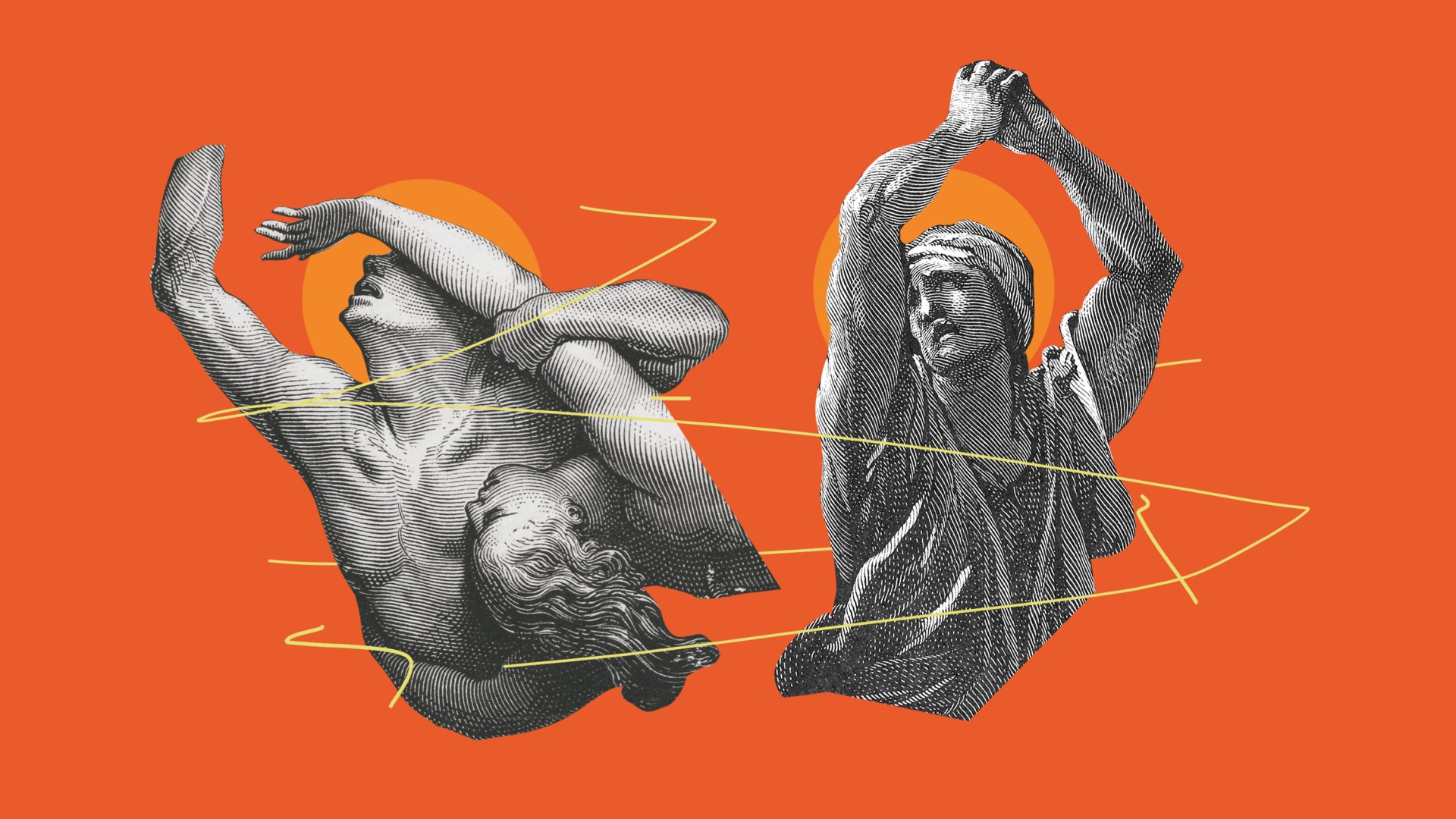Recently I attended a meeting with Black church leaders in Chicago. The host was an Orthodox Jewish rabbi. At one point, as the pastors spoke of the injustices their congregants had endured, the rabbi exclaimed, “Sometimes it’s a mitzvah to shout!”
A mitzvah is an act of righteousness in accordance with biblical law. The rabbi pointed to Exodus 22:22–24. If you mistreat the widow or the orphan, God says, and “they cry out to me, I will certainly hear their cry.” God hears the cries of those the world neglects—and rather than leave punishment to the courts, as in other verses, God himself takes responsibility for punishment.
God makes a similar promise a few verses later to those who suffer economic injustice. “When they cry out to me,” God says, “I will hear, for I am compassionate” (v. 27). To paraphrase the rabbi, sometimes it’s righteous to cry out to God. And if it’s righteous to cry out when you are oppressed or mistreated, then it’s righteous to cry out on behalf of the oppressed and mistreated.
At CT, we are delighted to tell stories of good overcoming evil. Sometimes we get to carry shouts of joy to the world. But we’re often asked why we tell the harder stories—stories of evil, oppression, or abuse. Do we delight in bad news? Of course not. But we carry the cries of others. And if God cares for the person who shouts for joy, he cares just as much for the person who cries out in pain.
Many men and women within the pages of this magazine are raising a cry to God. CT’s global storyteller Sophia Lee reports on a Russian pastor who, prompted by a dream, fled his homeland. Jayson Casper, our Middle East correspondent, describes the challenges that confront Christian couples in countries like Jordan who would adopt children in need of families. S. J. Dahlman describes the plight of churches in Appalachia struggling against the overwhelming might of the opioids crisis. Hannah McClellan relates the struggles of Indigenous Christians to understand their theology and their culture together. And Cedric Kanana, a Rwandan who survived his country’s civil war, tells how he came to faith in Christ in the midst of great suffering.
The church certainly needs good news. It needs the encouragement of seeing the mighty things God accomplishes through his people in the farthest corners of the planet every day. But the church also needs to hear the cries of the mistreated. It needs to express God’s heart of compassion. Sometimes it’s a mitzvah to shout.
Timothy Dalrymple is CT’s president and CEO.












